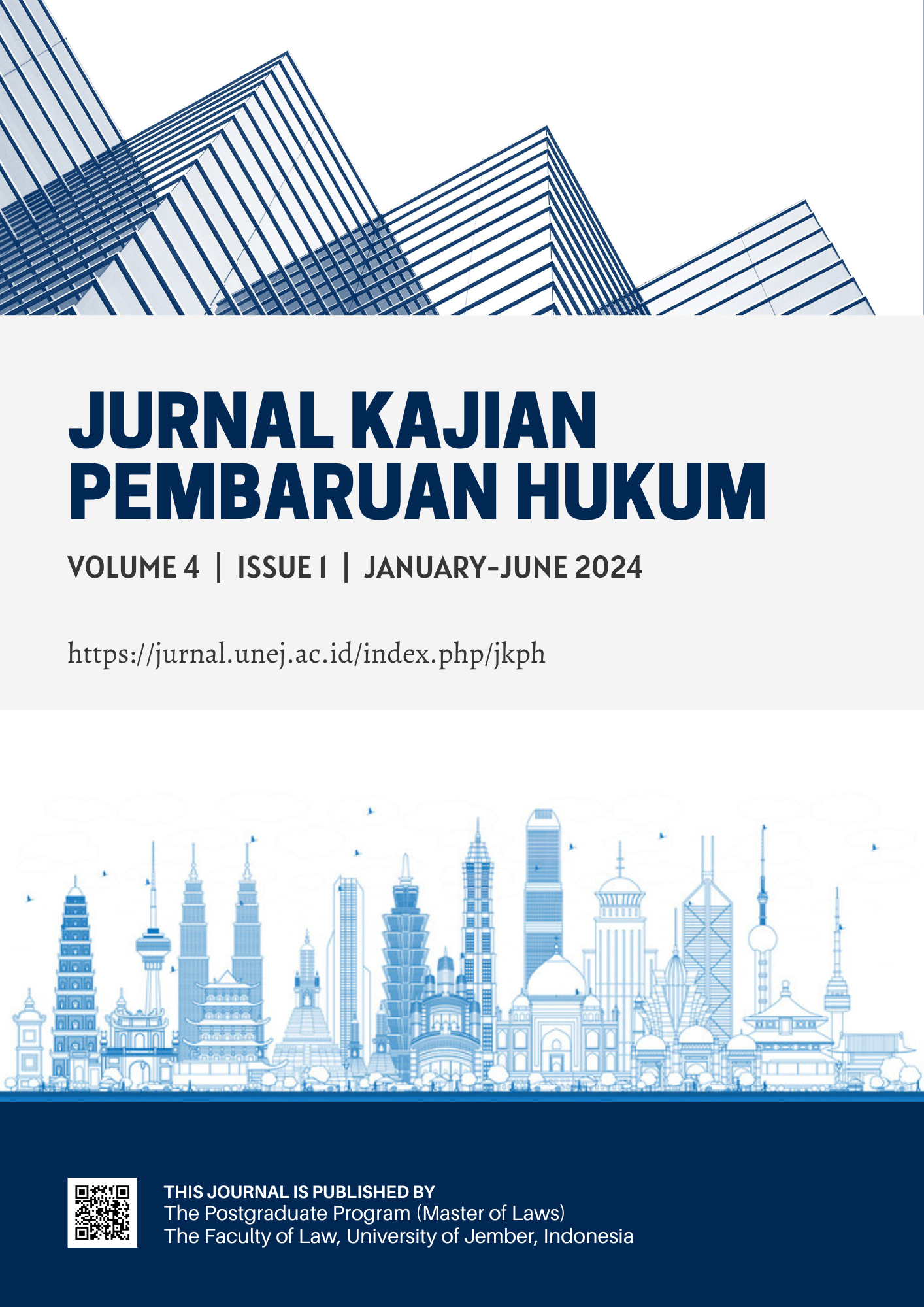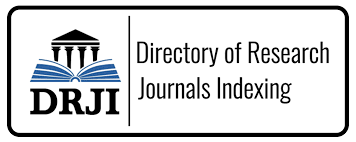Is Indonesia Ready to be the Party of the Comprehensive and Progressive Agreement for Trans-Pacific Partnership?
Abstract
The Comprehensive and Progressive Agreement for Trans-Pacific Partnership has been highlighted by Indonesia due to its enhanced rule-based nature. However, the anti-corruption issues and the environmental issues have triggered questions on whether Indonesia is clean or healthy enough to be the party to this agreement. This article aims to understand Indonesia's readiness to be a party to this agreement. It implements the doctrinal method by implementing the related rules of international law related to treaty suspension, anti-corruption, and environmental issues in Indonesia. The implementation of such a method is also supported by the treaty approach, conceptual approach, and case approach. From the first discussion, it can be understood that treaty suspension is a regime constituted under the Vienna Convention on the Law of Treaties, and the CP-TPP’s Suspension has no specific deadline. The second discussion expresses that since Indonesia has not brought its anti-corruption rules in conformity with the United Nations Convention Against Corruption, the accession of CP-TPP may bring threats to Indonesia. This threat is caused by the CP-TPP dispute settlement mechanism's competence to settle disputes on anti-corruption issues. Lastly, the third discussion of this article states that the current Indonesian environmental law norms may be perceived as a potential threat to its national interests. Such a threat will arise if the current parties to the CP-TPP eventually decide not to suspend Article 20.17 concerning Conservation and Trade.











